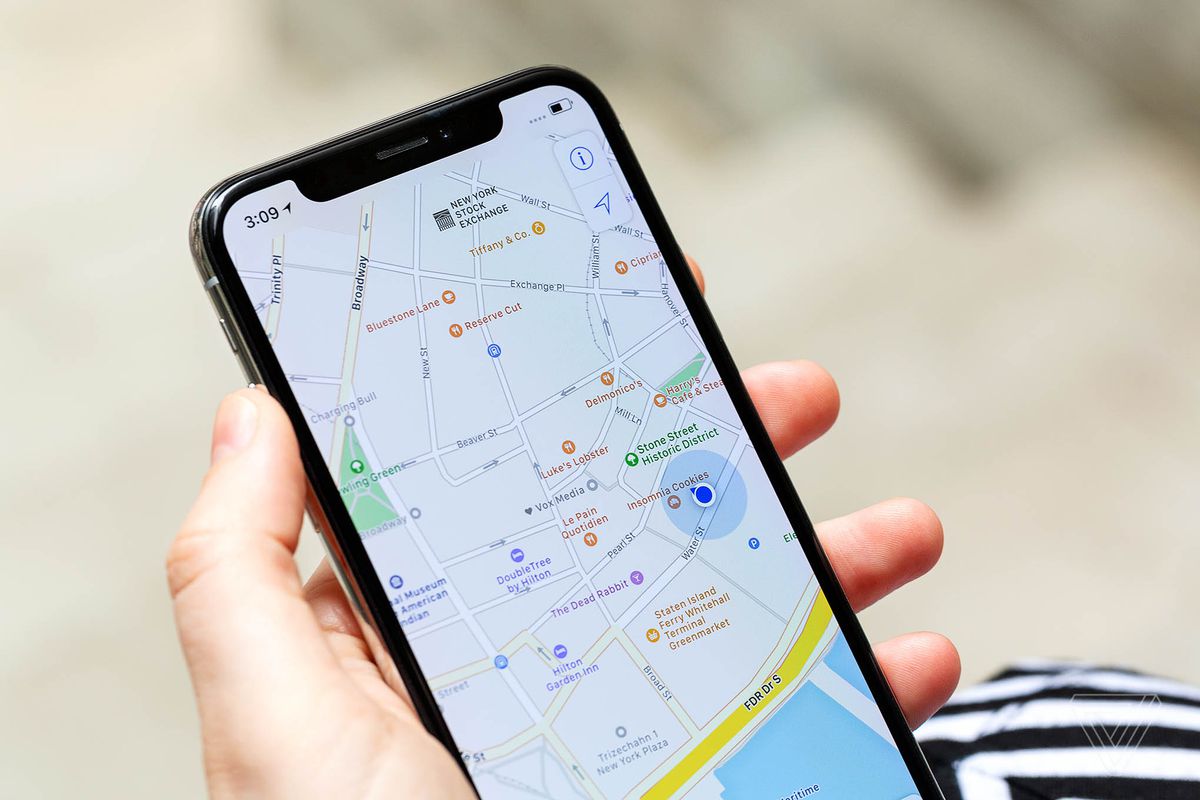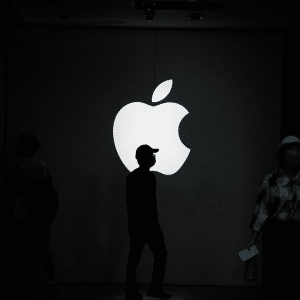Apple Inc. has recently submitted a proposal to invest close to $10 million in Indonesian manufacturing operations as it seeks to lift a sales ban on its iPhone 16 in the country. This ban, which took effect last month, was imposed after Indonesia’s Ministry of Industry determined that Apple’s local operations did not meet the country’s strict requirements for domestic content in smartphones. According to sources familiar with the situation, as reported by the South China Morning Post, the tech giant plans to establish a manufacturing facility near Jakarta, in the city of Bandung, to comply with these new regulations.
The investment proposal, currently under review, would mark Apple’s first manufacturing footprint in Indonesia. If approved, this initiative is set to be a significant step in meeting the country’s local content requirements, a mandate put in place by Indonesia’s new administration under President Prabowo Subianto. Indonesia represents a major potential market for Apple with its large population and expanding technology sector, but recent policies have introduced new challenges for foreign tech companies.
The New Requirement: 40% Domestic Content Mandate
The sales ban was triggered by Indonesia’s requirement that foreign smartphone companies meet a minimum of 40% local content to operate commercially within the country. The regulation is part of a broader economic policy geared towards strengthening Indonesia’s economy by increasing domestic manufacturing and reducing reliance on imports. Apple’s initial failure to meet this mandate meant that its latest iPhone 16 devices were barred from entering the Indonesian market through official channels. Only about 9,000 units have entered the country through personal imports, and these are restricted to personal use under the current ban.
The restrictions on iPhone 16 sales are not exclusive to Apple. Google is another major tech player that has faced similar barriers with its Pixel smartphones. Both companies have encountered challenges in complying with Indonesia’s domestic content rules, which are aimed at bolstering local industries and employment.
Why Indonesia Matters to Apple

Indonesia’s population of approximately 280 million people makes it the fourth most populous country in the world and represents an attractive market for Apple, which sees high demand for its products in Southeast Asia. There are an estimated 354 million active mobile phones in the country, surpassing the total population, underscoring the significant role of mobile technology in daily life.
Apple has already taken some steps to strengthen its relationship with Indonesia by establishing four developer academies across the country. These academies are designed to train students and engineers in app development, helping to build a local talent pool familiar with Apple’s ecosystem. However, while the academies support the country’s tech education goals, Indonesian officials have expressed that they expect more direct economic contributions in the form of local manufacturing and job creation. These investments would align with Indonesia’s goals of building up domestic industries and providing more employment opportunities for its citizens.
Apple’s $10 Million Manufacturing Proposal
In response to the iPhone 16 sales ban, Apple has put forward a proposal to establish a factory in Bandung, a city located approximately 150 kilometers from Jakarta. This facility would focus on producing accessories and components for Apple devices, allowing Apple to meet the domestic content requirements set by the Indonesian government. Apple’s local suppliers would also partner in this endeavor, supporting the supply chain and manufacturing processes required for Apple products sold in Indonesia.
The proposed investment of nearly $10 million would not only serve to address the current sales restrictions but could also provide a foothold for Apple in the Indonesian market that would allow it to comply with local manufacturing standards over the long term. While $10 million may seem modest compared to Apple’s typical investment scale, it’s a crucial step toward ensuring compliance with Indonesia’s local production mandates. The Ministry of Industry, which is reviewing the proposal, is expected to make a decision in the coming months.
Broader Economic Policies Under President Prabowo Subianto
The new administration, led by President Prabowo Subianto, has introduced policies aimed at protecting and strengthening Indonesia’s domestic industries. These protectionist policies are part of a broader strategy to reduce reliance on foreign goods and stimulate local production across various sectors, including technology. By encouraging foreign companies like Apple to invest in local production, the government hopes to boost the economy, create jobs, and develop a robust domestic manufacturing sector that can support Indonesia’s long-term economic goals.
President Subianto’s policies have impacted multiple industries, with foreign smartphone manufacturers facing some of the strictest regulations. For tech giants like Apple and Google, navigating these regulatory changes has posed significant challenges. While Apple’s current proposal is targeted toward meeting domestic content requirements, it also underscores a broader trend of multinational companies adapting to localization policies in emerging markets.
Potential Impact on Apple’s Global Supply Chain
Apple’s plan to set up a manufacturing facility in Indonesia also reflects a larger trend in the company’s global supply chain strategy. Historically, Apple’s production has been concentrated in a few regions, with China playing a central role. However, with rising labor costs, geopolitical tensions, and increasing regulatory pressures, Apple has been gradually diversifying its supply chain to include other countries such as India, Vietnam, and now potentially Indonesia.
If the Bandung facility is approved, it could serve as a model for Apple’s future expansion into other emerging markets with similar local content regulations. The factory would primarily produce accessories and components rather than final assembly, but this step could set a precedent for greater investment in the region if demand in Indonesia continues to grow.
The Current Workaround: Personal Imports
Although Apple has been unable to sell the iPhone 16 through official retail channels in Indonesia due to the ban, there has been a workaround for consumers eager to get their hands on the latest model. An estimated 9,000 iPhone 16 units have entered the country through personal imports, with individuals bringing in devices for personal use. However, these devices are not available for resale under the current regulations, and they do not contribute to Apple’s local market share.
This workaround demonstrates the demand for Apple products in Indonesia, highlighting the potential market opportunity for Apple if it can meet regulatory requirements. Many consumers in Indonesia are willing to go to great lengths to access Apple’s latest technology, underscoring the brand’s strong reputation and appeal in the country.
The Indonesian Ministry of Industry is currently evaluating Apple’s proposal, and a decision is expected soon. If approved, the $10 million investment in the Bandung manufacturing facility could open the door for the iPhone 16 to be sold in Indonesia, paving the way for future models to enter the market with similar compliance.
For Apple, the potential payoff of expanding into Indonesia could be substantial, as the country’s middle class grows and demand for premium technology products rises. By investing in local manufacturing, Apple not only stands to lift the current ban but could also position itself more competitively in the Indonesian market in the years to come.








